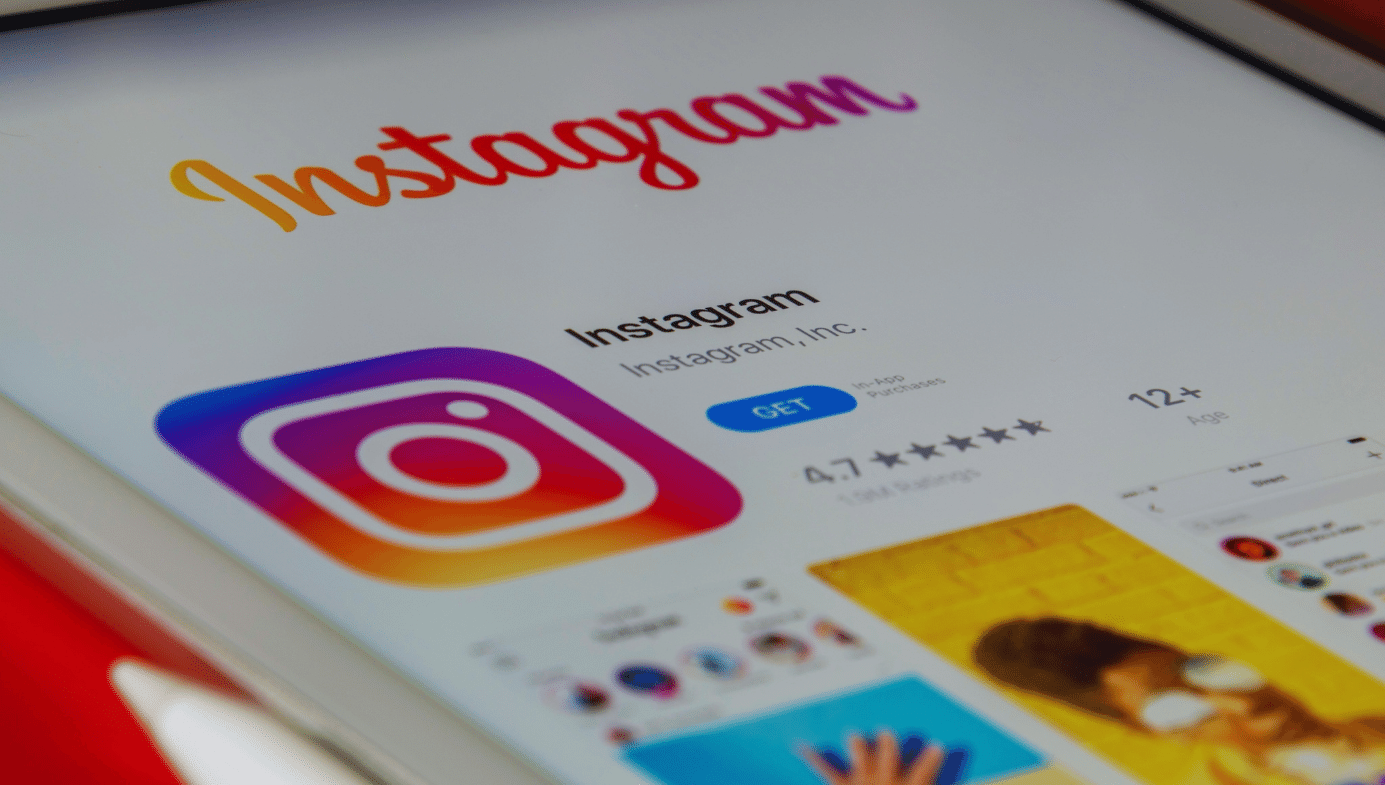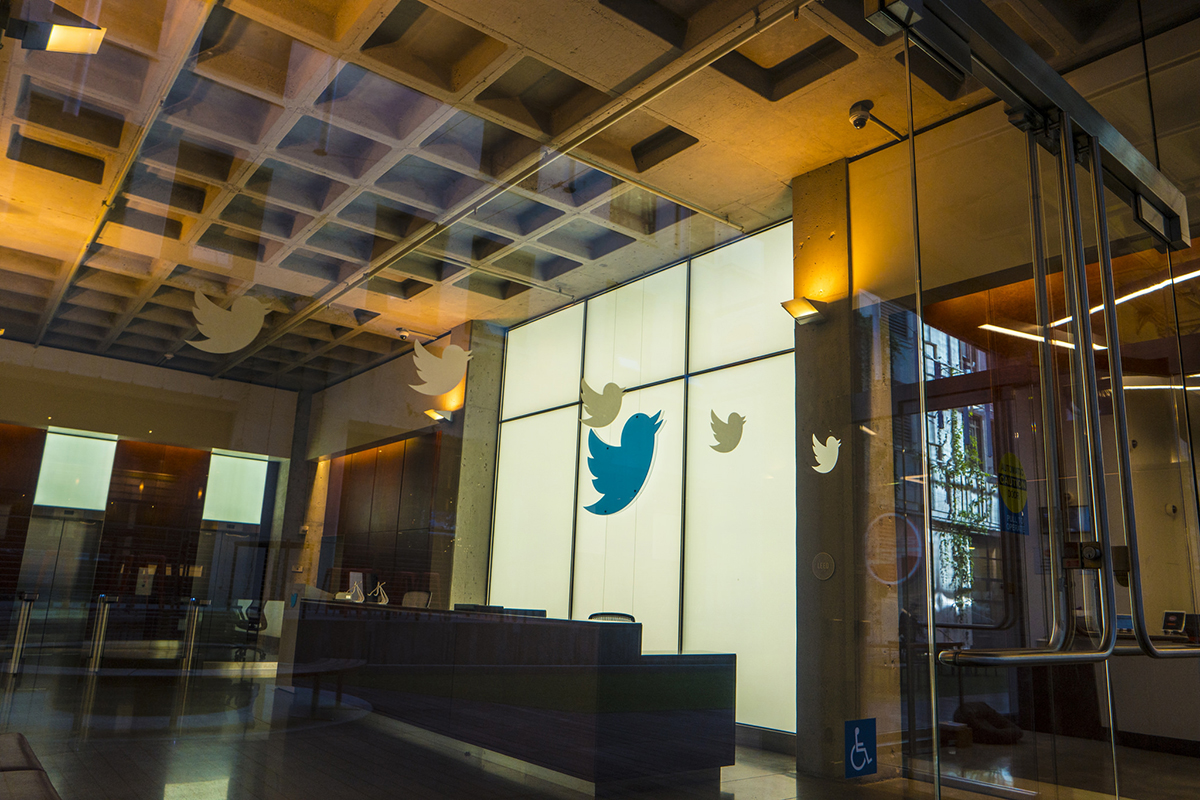Science / Tech
The Exhibitionist Economy
Upcoming generations will not thank us for gifting them a world devoid of the concept of personal privacy.

When former Facebook product manager Frances Haugen leaked thousands of internal company documents to the Wall Street Journal in September, it led to another cycle of acrimonious allegations of corporate irresponsibility. “I’ve seen a bunch of social networks,” Haugen told 60 Minutes in an interview, “and it was substantially worse at Facebook than what I had seen before ... Facebook, over and over again, has shown it chooses profit over safety.” Haugen’s disclosures inflamed an already feverish debate about online privacy and the desirability of attempts to curtail the reach and influence of the most powerful tech companies.
But lost amid all the blame-casting has been any proper consideration of the responsibility social media users bear for the loss of their own privacy. As “Big Tech” assumes the role of corporate super-villain, its users absolve themselves of personal responsibility. And while it is true that these companies are fuelled by our data, how they got it and why we relinquished it in the first place also merit reflection.
Yes, Silicon Valley’s race to the profitable bottom has always traded on our privacy. But while valid concerns about app-tracking, facial recognition, and police surveillance remain a legitimate topic of political and journalistic interest, the other half of the debate is being neglected. The emergence of new cultural norms has seen citizens broadcast aspects of their personal lives that had hitherto remained out of public view. Missing from the latest eruption of public outrage targeting Big Tech and Mark Zuckerberg is an acknowledgement that we voluntarily agreed to surrender our privacy and that we may never get it back.
“This is America,” declared American Idol host Ryan Seacrest in 2010, “where everyone has the right to life, love, and the pursuit of fame.” The rise of reality TV had ushered in a silent but dramatic shift in cultural messaging that social media was now poised to exploit. At the beginning of the smartphone revolution in 2007, UCLA researchers were already noticing that “fame was the number one value communicated to preteens on popular TV.” That same year, a Pew report found that 18–25 year-olds ranked “getting rich and being famous” as their single most important goal. Sixty-four percent of those sampled ranked affluence as their most important life goal, while only four percent selected “becoming more spiritual.”
In 2012, researchers led by Jean Twenge found that, compared to baby boomers or GenXers, college-age millennials considered “extrinsic values (money, image, fame) more important and those related to intrinsic values (self-acceptance, affiliation, community) less important.” These findings corresponded with declines in concern for others and civic orientation. The same year, another Twenge-led team examined over 750,000 books, TV shows, and song lyrics published between 1960 and 2008 and found “the use of first person plural pronouns (e.g., we, us) decreased 10 percent[,] first person singular pronouns (I, me) increased 42 percent, and second person pronouns (you, your) quadrupled. These results complement previous research finding increases in individualistic traits among Americans.”
The twin sister research team of Pelin and Selin Kesebir arrived at similar conclusions by drawing on a large corpus of books. They found that rising American individualism had led to a decline in “general moral terms” including decency and conscience and a 74 percent decline in “virtue words” such as honesty, compassion, and patience. A 2019 poll commissioned by LEGO, meanwhile, found that the most desirable profession among American and British kids was no longer astronaut but vlogger/YouTuber. Similar surveys found those numbers to be even larger. A report from Morning Consult found that “86 percent of Gen Z and millennials surveyed would post sponsored content for money, and 54 percent would become an influencer given the opportunity.” A 2018 Pew poll investigating “Where Americans Find Meaning in Life” revealed that, after family, the most cited sources of purpose were career and money. These goals supersede spirituality or friends and substantially outpace health and learning.
The proliferation of smartphones and social media has accelerated underlying social trends and transformed prevailing cultural norms of personal privacy. “Our views on what should be kept private have changed in the culture as well as the courtroom,” observes Katrina Gulliver in Reason. Today, she contends, “we celebrate such openness. Revealing your personal history is now seen as ‘brave.’ Things once held to be shameful are now accepted, even lauded, and those who don't want to share the details of their personal lives are portrayed as uptight or weird.”

Individuals began battling to differentiate themselves across social media in ways that mimic Silicon Valley’s competition for our attention. Reality TV allowed us to peer behind the curtain, but Instagram and TikTok tore the curtain down and threw it away. And as our cultural moment increasingly esteems self-promotion by way of selfies and thirst traps, synchronized dances and mukbangs, who are we to judge? The Wild West of digital marketing and the attention economy have been tamed and we are all eager to lap it up.
Social media normalized what Jonathan Haidt calls a “prestige economy”—a performative culture in which people compete for social status. Under these market conditions, privacy—withholding our drunken antics, beach bodies, breakups, shower thoughts, and uninformed political takes—was the road to social irrelevance and nonexistence in a world measured by outrage and shrinking attention spans. “If you’re not online,” a City Press headline advised in 2018, “you don’t exist.”
As the tech companies reached down humanity’s brainstem to keep us hooked, we matched their appetites with our own. In the battle for eyeballs, that meant showing skin. Last year, the authors of a study examining “Instagram influencers, porn chic, and the monetization of attention” wrote an article for the Conversation in which they worried about “a continuum of pornified self-representations” among nearly 200 female Instagram influencers, and that “a higher number of followers were associated with a more explicitly pornified aesthetic.” Influencers became “personal brands” who leverage their platforms to entice followers to buy into whatever they’re selling. Some redirected patrons to an OnlyFans profile while others flogged “protein powder, gummy vitamins, or detox tea.”
The user-bases of Instagram, TikTok, Snapchat, and Pinterest skew female, but men who congregate on YouTube, LinkedIn, Twitter, and Reddit have shown themselves to be just as vulnerable to the appeal of superficiality. Whereas women post pictures featuring direct eye-contact, men prefer “more full body shots that include other people.” Boys and men were also more likely to share drunken escapades and risk-taking adventures. An investigation by Vice recently found that Snapchat has even become a popular forum among status-seeking young men for the promotion of violence and murder.
The unhealthy extremes of male social media behaviour coincided with the rise of “hustle porn,” a termed coined by Reddit co-founder, Alexis Ohanian, which he defined as “the fetishization of people overworking themselves.” In an article for GQ, David Smiedt explained, “[W]orshipping at the altar of Musk and Jobs, the hustle lifestyle ... spawned the sub-branches of hacks. Life hacks. Bio hacks. Time hacks. Anything to give you those few extra minutes a day to, like Fiddy says, get rich or die trying.” Hustle porn produced its own offshoot known as “flexes”—ostentatious displays of wealth such as excessive collections of luxury watches, cars, gadgets, and suits.
All the while, we grew comfortable baring all in the name of entertainment and attention. Today, we all live on Instagram. From cradle to grave, a vast and growing segment of humanity has willingly forfeited personal privacy in pursuit of likes and shares. The notion of a “private sphere” now seems quaint and archaic—a term that harks back to a distant era in which a person’s privacy began at their hedgerow.
Parents now fret about when to give their children smartphones—on one hand, they worry about the effect of social media use on their wellbeing, but on the other they fear their kids will face social ostracism and exclusion if they are not allowed to participate in their friends’ activities online. And while some commentators have recommended that minimum mandatory ages should be implemented, the foreseeable reality is that restricting teen behavior is nearly impossible. In 2018, Pew reported that 95 percent of teens had access to a smartphone and 45 percent said they were online “almost constantly.” That means the window of life insulated from the vagaries of Instagram, TikTok, and Snapchat, has become vanishingly small. Within their first decade, classmates will be logging on to social networks creating a tragedy of the commons in which others feel forced to join or face missing out.

We have walked into a privacy cul-de-sac of our own making. A person’s entire educational and employment history is publicly available on LinkedIn; Facebook offers access to their friends and family; Twitter showcases their political beliefs; Instagram reveals their tastes and interests. We no longer have to walk out of our front door to know our neighbours, we just need to know their names. Thanks to cancel culture, intolerance excavators can now scour digital footprints for breadcrumbs of missteps which are, unsurprisingly, easy to find.
Upcoming generations will not thank us for gifting them a world devoid of the concept of personal privacy. We have left them an exhibitionist social economy in which status is conferred upon those who exchange their privacy for standing and prestige. And during the hue and cry of our latest crusade against Mark Zuckerberg and Facebook, that should give us pause.






